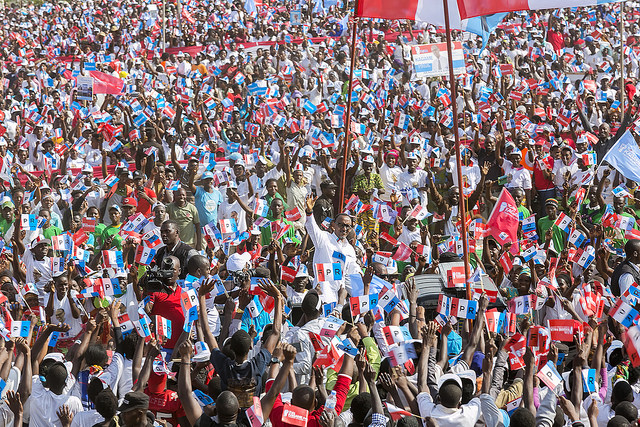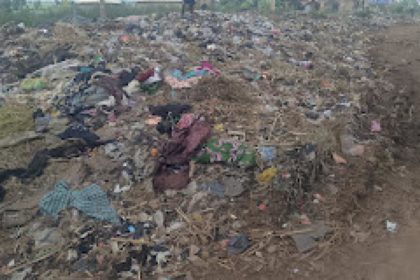By Adeyemi Adekunle
Kigali, Rwanda– As Rwanda braces for its crucial presidential and parliamentary elections, the nation stands as a beacon of preparedness and inclusivity. The National Electoral Commission (NEC) has undertaken extensive measures to ensure that every eligible Rwandan, whether residing within the country or abroad, can participate in this pivotal democratic process.
Extensive Polling Stations Setup
The NEC has meticulously set up an expansive network of 2,593 polling stations, with 2,433 located within Rwanda and an additional 160 strategically placed in various countries worldwide.
This significant initiative is designed to accommodate Rwandans living abroad, ensuring their voices are integral to the electoral process. Voting for Rwandans abroad is set to commence on July 14, while domestic voters will cast their ballots over a two-day period from July 15 to 16.
During a press briefing on July 11, NEC Executive Secretary Charles Munyaneza confirmed that elections for the diaspora will take place in 70 countries, managed by 44 Rwandan diplomatic missions. Polling stations have been established in areas with a minimum of 50 registered voters. Munyaneza assured that all polling stations abroad are fully prepared, with voting materials already dispatched and in place.
Accredited Observers Ensure Transparency
Rwanda’s unwavering commitment to transparency and fairness in its electoral process is evident through the accreditation of over 1,000 local and foreign observers. By June 11, NEC had accredited 776 observers from Rwanda and 334 from various foreign countries. The accreditation process will continue until Sunday, ensuring a robust and comprehensive monitoring mechanism.
Local observers have been predominantly deployed by civil society organizations, while foreign observers hail from prestigious regional and international organizations. These include the African Union, European Union, East African Community (EAC), Commonwealth, International Organisation of the Francophonie, International Conference on the Great Lakes Region (ICGLR), and the Economic Community of Central African States (ECCAS).
High Voter Turnout Expected
With more than nine million Rwandans registered to vote in the 2024 elections, including two million first-time voters, a high voter turnout is anticipated. The election campaign period will conclude on Saturday, July 13, setting the stage for the election days. Rwandans in the diaspora will vote on July 14, while polling stations within Rwanda will open on July 15.
Diverse Candidates and Comprehensive Voting Process
This election features three presidential candidates: incumbent President Paul Kagame of the RPF-Inkotanyi, Frank Habineza of the Democratic Green Party of Rwanda, and independent candidate Philippe Mpayimana. Additionally, 589 candidates are competing for 80 seats in the Chamber of Deputies. On July 16, representatives of special groups, including women, youth, and people with disabilities, will be elected by electoral colleges.
Polling stations will operate from 7 AM to 3 PM, with vote counting commencing immediately after the polls close. Partial results of the presidential election are expected to be announced on Monday night, with provisional results on July 20 and final results on July 27.
Public Holidays to Facilitate Voting
To encourage maximum voter participation, the Ministry of Labour has declared Monday and Tuesday as public holidays. This strategic move allows Rwandans to participate in the elections without the hindrance of work-related commitments. While general elections will be held on Monday, Tuesday will be dedicated to parliamentary elections for special interest groups.
Final Preparations and Readiness
Charles Munyaneza highlighted that final preparations at polling centers are underway, including setting up the centers, improving road access, and installing necessary electricity supplies. This thorough approach underscores Rwanda’s dedication to ensuring a smooth and efficient electoral process.
As Rwanda stands on the brink of this significant electoral event, the meticulous planning and inclusivity efforts spearheaded by the NEC highlight the nation’s steadfast commitment to democratic principles and the active participation of its citizens.
The upcoming elections will be another moment in Rwanda’s democratic journey, reflecting the collective will and determination of its people.




